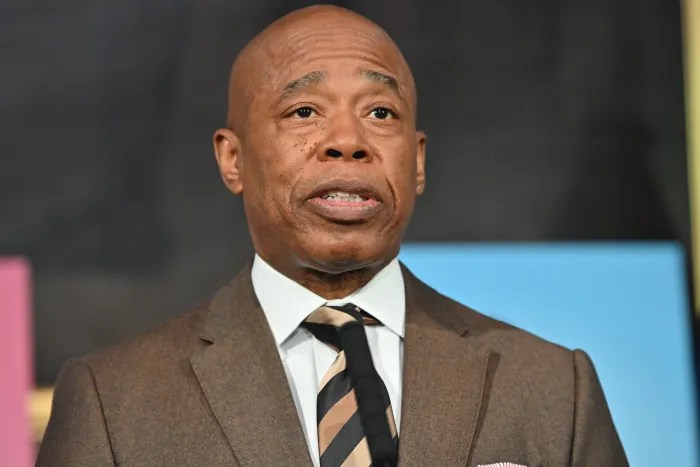By Arlene McKanic
“I saw different aspects of these countries that we are now getting in the news,” he says. The book recalls his years spent there.”I worked in Iran for four years, then I moved to Libya for a year and then went to Iraq for 3 1/2 years,” he says.The films he made were about agriculture, sanitation, child rearing “and other things [the people] could do for themselves without help from the government,” Humphrey says. At the time, he says, his target audiences were film illiterate and didn't understand American techniques. They would see a close-up of a fly on screen and think it was a real, if impossibly huge fly – echoes of European audiences who saw the first films and thought a real train was bearing down on them, Humphrey remembers. “They didn't understand jump cuts.”In Iran Humphrey worked for the shah's brother-in-law, the head of the Arts Department in the Ministry of Education. The Shah wanted a travelogue to show his people what it was like to be part of a country as opposed to a tribe or a village. “The shah wanted a 40-minute film,” says Humphrey, “and we ended up with five of them, because Iran is the size of everything east of the Mississippi. We used the men and women of the country we were in, though sometimes we had to use city women in the villages, because the village women couldn't participate because of their religion.”Humphrey lived in Teheran during his stay in Iran. He and his crew would arrive in the villages at 7 a.m. and work till it became too hot, which was usually around 2 p.m. After 5 p.m. they'd work in the city and get ready for the next day. Fortunately, every home in the city had a pool, but it was a pool for irrigation. Humphrey's crew chlorinated their pool and it was just deep enough to paddle around in.Besides the killing heat, sand getting into a camera was “a death warrant,” he says, and so the cameras had to be cleaned out every night. Worse than the sand and heat, though, was getting permits from the government. It wasn't unheard of for Humphrey to spend an entire day waiting to get to see the man who knew the person who gave out permits.Humphrey and his wife Joanna were even married in Teheran. They met at the University of Southern California College and when he went overseas, she followed him. They were married by a non-denominational minister in Teheran and ended up with three marriage licenses, one from the Iranian government, one from the American government and one from the church.Humphrey regrets that he can't communicate directly with his old Iranian friends now, though he knows an Iranian cameraman who lives in America and who goes back to his country now and again and briefs him.Now retired, Humphrey worked in the audio visual departments of three different publishing companies after returning to the United States, including Collier MacMillan. At one time he also headed up the educational film department at Paramount. “That's when the computer came in and the bottom fell out of the education films,” he says. “They can make videos rather than film and the techniques are completely different.”Humphrey wrote the book mostly for his daughters. He spent 10 years writing it, helped by the long letters he wrote to Joanna and his family. “Luckily they saved them and I had to put them together in a way that would have been meaningful,” he says. “I enjoyed it because it brought back very interesting memories.”Humphrey hesitates only briefly when asked what he thinks of the current difficult situation in the Middle East. “We elected a fool,” he says of President Bush's leadership during the Iraq War, “and we've been following a fool. He has no idea what it's like over there. It's a complete and utter disaster.”He still enthuses, though, about Iranian cuisine. “Iranian food is the best in the world,” he declares. He believes this is a result of the country being “visited” by nearly every civilization and the locals adapting the food to their own cuisine.He'd love to go back to the Middle East. He's seen movies of Teheran and is amazed at how much it's changed. He'd also like to go back to Baghdad. “When I was there, it had two streets,” he remembers. “Now it's like New York.” Or, it was like New York…


































